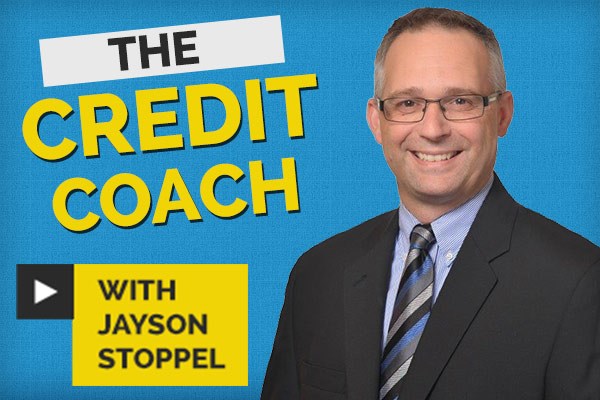In the past couple of weeks, you may have heard that the Bank of Canada raised its key interest rate. The benchmark or overnight rate is the starting point for interest rate calculations in Canada. Right now, it’s set at 1.75 per cent — up a total of one-half of a per cent from a little more than a year ago. Experts and analysts are predicting that the governor of the Bank of Canada is looking at moving toward the 3 per cent mark for its key interest rate.
So what does all this fuss about the trend-setting rate mean for you? The answer to that question depends on what you are looking for from the financial markets. Let’s look at a few different scenarios:
- Let’s presume you have a sound financial platform, have managed your debt and consumption and you’re looking for a little more return on your “safe” investments leading into retirement. An interest rate boost would generally mean a little more income for you on those GICs.
- What if you’re an investor in real estate or hold mortgages? The fluctuations in the interest rate could also present opportunities for investment.
- If you’re a middle-income family struggling to keep up with the rising cost of living associated with a booming economy and inflationary pressures, interest rate increases may be beneficial because they slow economic growth.
- However, what if you’re one of the millions of Canadians on the other side of the equation? If you have a mortgage and/or concerning levels of credit card debt, the rise in the benchmark rate can be a troubling bit of news.
When the Bank of Canada raises its overnight rate, there is an effect on the costs of borrowing for lenders of the world. The rise in the Bank’s key interest rate generally creates a rise in the Prime Rate charged by the big banks for mortgages. This increase then finds its way into other lending products used by Canadians every day, such as lines of credit and credit cards.
You may have a problem on the horizon if you overextended on your house purchase, you’ve recently seen a reduction in your income, or you’re plagued by credit card balances that never seem to diminish.
So what should you do?
Take a debt inventory
I am often surprised, when meeting with families struggling with debt, by how many people cannot easily make a list of who they owe and how much. Comments such as “I think the line of credit is about this much”, and “oh yes I forgot about this card”, are common, when I sit down to review debt management options. Get out in front of the rise in interest rate costs by making an inventory of your debts. A complete list is the first eye-opening step in tackling debt.
Add up the interest
“I have excellent credit”, “I make all my payments” and “the bank just offered me a new card”…many people I help don’t initially see themselves as having debt problems. However, if you are currently on a debt treadmill going around and around making all your minimum payments but not getting anywhere, you might just be headed for a crash when interest rates continue to rise.
This month, after you have completed your debt inventory, dive into the numbers on the statements and add up the interest costs you are paying monthly. This might be a scary exercise for some, especially when your mind wanders to what you could be purchasing with those resources as opposed to paying interest charges. Let this be a call to action.
Create a debt retirement plan
Consolidate your credit into a cheaper option. Cut up the cards and go onto a crash cash diet. Create a budget and stick to it. Use the Credit Coach blog catalogue as a guide. Whatever it is that you have to do to retire that debt, get to it. If you are living paycheque to paycheque or just making ends meet, a rise in interest rates will put a stranglehold on your already tight budget.
Interest rates will rise and fall, but all signs point to an end to those low costs of borrowing (and, for some, those extended periods of overconsumption). Make sure you and your family are ready for what lies ahead.
Jayson Stoppel is a Licensed Insolvency Trustee and Chartered Accountant with BDO First Call Debt Solutions. With over 18 years in practice, Jayson assists individuals, families and companies with financial difficulties in Thunder Bay and throughout Northwest Ontario. To reach Jayson by email: [email protected]. To find Jayson on Twitter: @CreditCoachJS.

